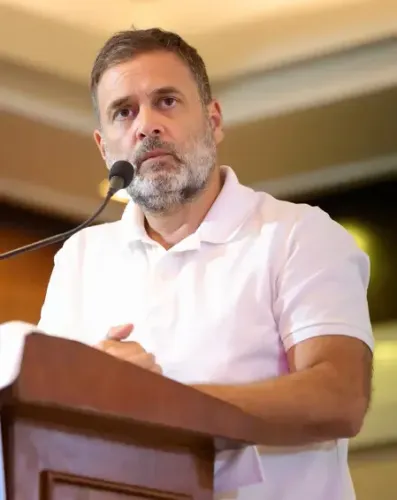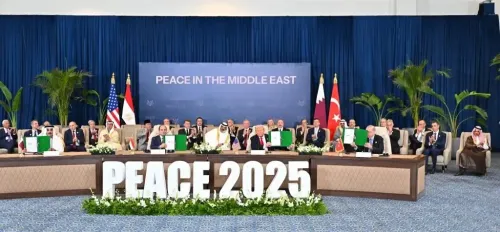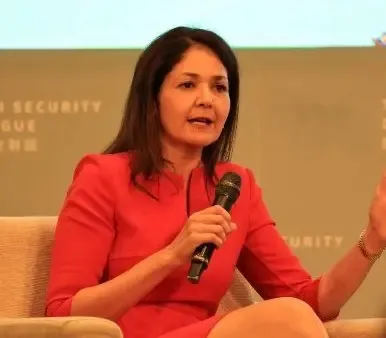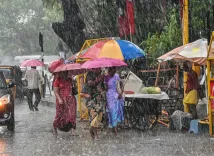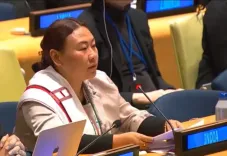Why Does India Label Pakistan as the ‘Fountainhead’ of Terror?
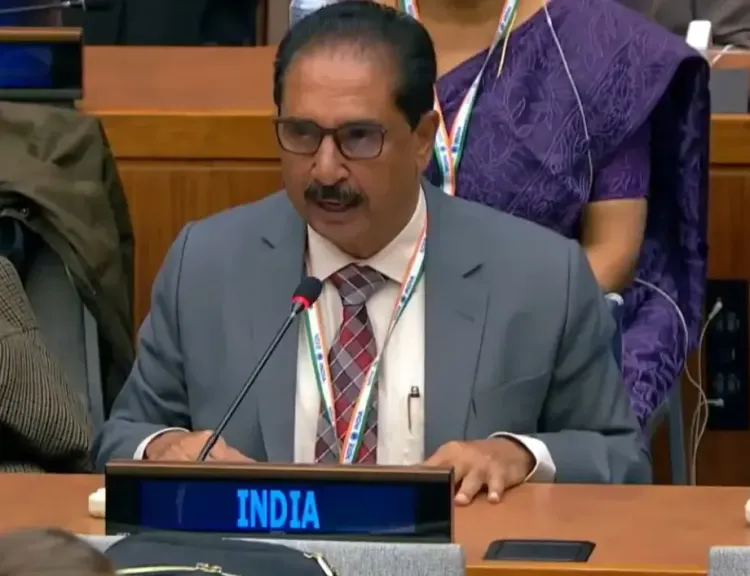
Synopsis
Key Takeaways
- India calls for an end to human rights violations in Kashmir.
- Pakistan is accused of being a major source of terrorism.
- Recent violence claimed the lives of innocent civilians.
- India emphasizes its commitment to decolonization and human rights.
- The Kashmir issue remains a contentious point in India-Pakistan relations.
United Nations, Oct 14 (NationPress) India has labeled Pakistan as “the fountainhead of terror, violence, bigotry, intolerance, and extremism” and has urged it to cease the “serious and ongoing human rights abuses” in the region of Kashmir that it has unlawfully occupied.
N K Premachandran, a member of the Revolutionary Socialist Party from Kerala, articulated this stance during a session of the United Nations General Assembly committee dedicated to decolonization.
“Just this past April, terrorists, trained and backed by Pakistan, took the lives of 26 innocent civilians in Pahalgam, Jammu and Kashmir,” he stated.
He highlighted Pakistan’s brutal oppression in the territory it occupies in violation of Security Council Resolution 47, which was enacted in April 1948.
“We urge Pakistan to put an end to the serious and ongoing human rights violations in the areas that it occupies illegally, where the local population is in open defiance against Pakistan’s military rule, oppression, brutality, and illegal resource exploitation,” said Premachandran.
“In recent weeks, the occupying Pakistani forces and their affiliates have killed numerous innocent civilians demanding their basic rights and freedoms,” he continued.
Over 12 individuals lost their lives at the hands of Pakistani forces who suppressed a protest against exploitation and Islamabad's misconduct.
Premachandran responded to remarks made by Pakistan at the committee last week regarding India and Kashmir, despite them being irrelevant to the panel’s agenda.
“It is ironic that a nation known globally for employing terrorism as a strategy of statecraft has sought to cast doubts on the world’s largest democracy,” he remarked.
“A nation like Pakistan, with a notorious history of military rule, fraudulent elections, imprisonment of democratically elected leaders, religious extremism, and state-sponsored terrorism, should refrain from delivering lectures on this platform,” he asserted.
“Jammu and Kashmir is, and will always be, an integral and inalienable part of India,” he asserted emphatically.
Premachandran also discussed India’s commitment to decolonization, describing it as a “global champion and leading voice in the fight against colonialism.”
Since the inception of the Decolonization Committee, when India served as its inaugural chair, he noted that New Delhi has been actively involved in its operations.
“The struggle against colonization has been challenging,” Premachandran stated. “Since the formation of the United Nations, over 80 former colonies have successfully liberated themselves from colonial rule.”
“However, the task is still incomplete,” he added.
According to the United Nations, there remain 17 countries or territories still under colonial influence.

